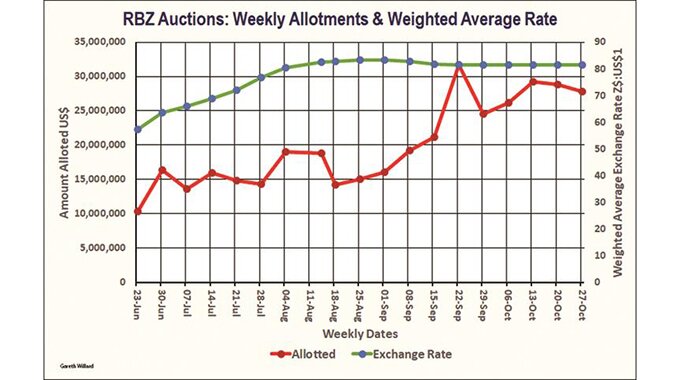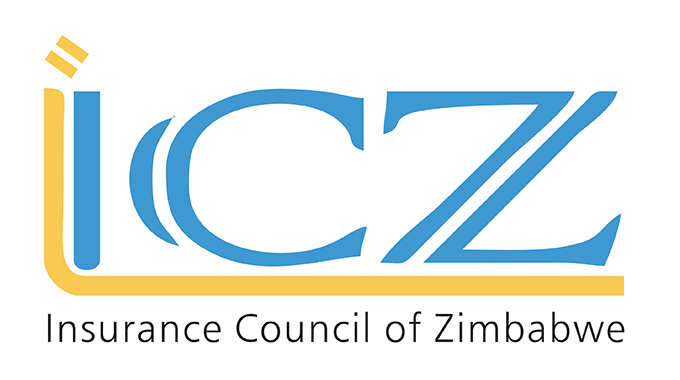Business Reporter
Government is working on a bi-lateral agreement with the Green Climate Fund (GCF) to strengthen the requirements needed for engagement with the fund.
“The initiative will support the nation’s resolves towards climate action as shown by the GCF’s intention towards enhancing its engagement with Zimbabwe,” said Environment, Climate, Tourism and Hospitality Industry Permanent Secretary Mr Munesushe Munodawafa.
He was speaking at the national stakeholders’ validation workshop of the Country Programme, Bilateral Agreement and Green Climate Fund (GCF) Readiness last week.
The GCF is a United Nations-backed fund which seeks to help developing nations in Africa and around the globe cope with climate change by funding projects that reduce emissions, improve access to renewable energies, food security and others.
It was established by 194 countries to limit or reduce greenhouse gas (GHG) emissions in developing countries, and to help vulnerable societies adapt to the unavoidable impacts of climate change.
Advertisement
Funds from GCF mainly aims to achieve ‘transformational impact’ by changing the way nations develop, helping them move away from carbon intensive energies such as coal, oil and gas, to cleaner options like solar.
Early this year Zimbabwe awarded a US$26,6 million grant from the GCF to help the country to build its climate resilience for vulnerable smallholder farmers in southern parts of the country and the project is expected to benefit a total of 2,3 million people.
Mr Munodawafa said the magnitude of climate change impacts in Zimbabwe require additional resources from development partners such as the GCF to complement the allocation from the funds.
“The information to be validated is very critical as it forms the basis for unlocking financial resources from the Green Climate Fund to address climate change concerns in the country.
“Despite the Government of Zimbabwe’s efforts to assist communities in periods of disasters, the magnitude of the impacts often require additional resources from development partners to complement the allocation from the Treasury. The situation is not peculiar to Zimbabwe alone, but to the entire developing world as a whole. This has resulted in countries which are signatories to the climate change convention calling for assistance from the developed world partners.”
He said from 2015 up to date GCF has approved about 143 projects with over 70 percent of projects under implementation stage worth US$4,6 billion.
“As for Zimbabwe, two projects have been approved by the GCF with the initial funding of US$10 million going to a project titled “Integrated Climate Risk Management for Food Security and Livelihoods in Zimbabwe” with World Food Programme (WFP) as the accredited entity.
“At its 25th meeting, the GCF board approved a number of projects including Zimbabwe’s second major project, worth US$47,8 million, for Building Climate Resilience of Vulnerable Agricultural Livelihoods in Southern Zimbabwe, with United Nations Development Programme (UNDP) as the accredited entity. The country has also mobilised readiness funds from the Green Climate Fund of over US$5 million. Zimbabwe also has a growing project pipeline,” he said.
Mr Munodawafa challenged climate change stakeholders to develop bankable projects to unlock climate finance.
“These and other achievements give us confidence and hope as a country, that if we develop bankable projects, which match GCF investment criteria, we can mobilise the necessary climate finance towards becoming an upper middle income economy by 2030.
Advertisement
Though there has been progress in approval of GCF projects, the GCF has requested countries to prioritise their climate action, climate finance needs and engagement with stakeholders through developing a country programme.
“Zimbabwe GCF country programme is a five-year strategic document for engagement with the GCF, developed by the Government of Zimbabwe through a consultative process, with funding from the GCF readiness and preparatory support programme.”
He said that the Ministry of Environment is engaging stakeholders through the GCF Readiness project targeted at building capacity of climate change in Zimbabwe.
“My ministry as the national designated authority (NDA) is engaging stakeholders through the GCF readiness project targeted at building capacity of Zimbabwe national designated authority to engage with the Green Climate Fund which is being implemented by United Nations Environment Programme.
“The country programme outlines the country’s climate change priorities and presents a strategy for engagement with the GCF in view of Zimbabwe’s climate change vulnerability, and climate change vision of developing into a low-carbon and climate resilient development pathway,” Mr Munodawafa said.
The development of national climate change policies and strategies required more financial support.
“Several climate-related policies and strategies have been developed. These and other initiatives have identified the need for more support to alleviate the gravity of exposure of vulnerable communities to the effects of climate change. However, there are significant gaps remaining in attaining climate resilience and low carbon development, which were highlighted in the country programme.
“The next GCF readiness proposal will ensure that gaps identified in the country programme are addressed through a US$$3 million GCF multiple-year readiness grant support for development of the national adaptation plan.”
He added that the validation of the GCF readiness project will raise Zimbabwe’s climate change ambition in the mitigation sector and enhance momentum in the adaptation sector through adequately preparing key sectors to develop climate actions, project proposals and enabling environment in line with the country’s developmental aspirations and climate vision.
Advertisement
– HERALD








